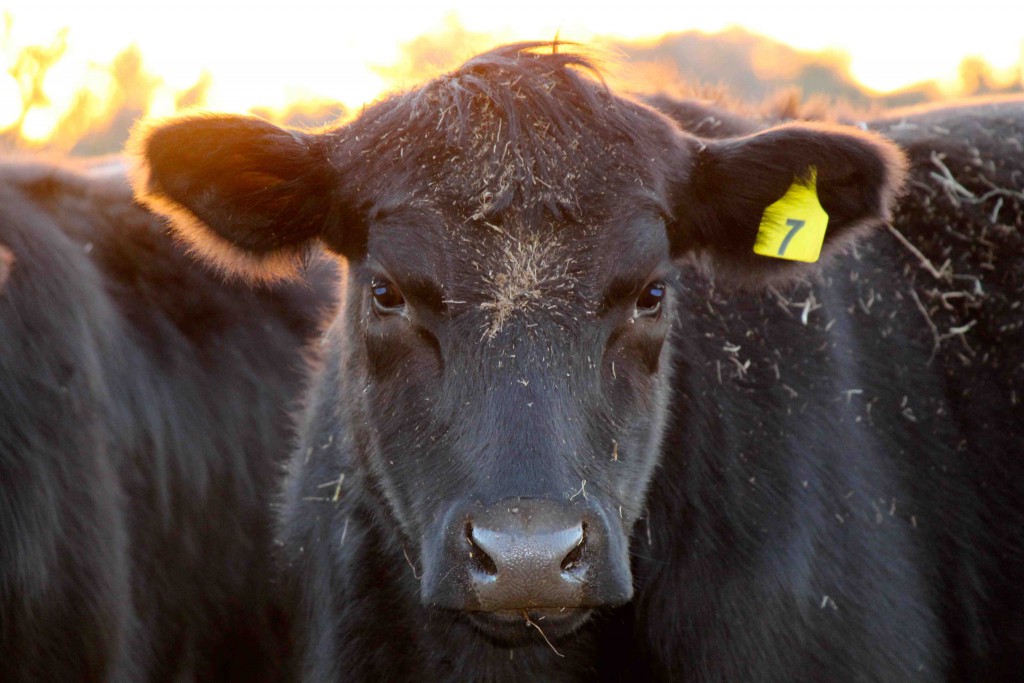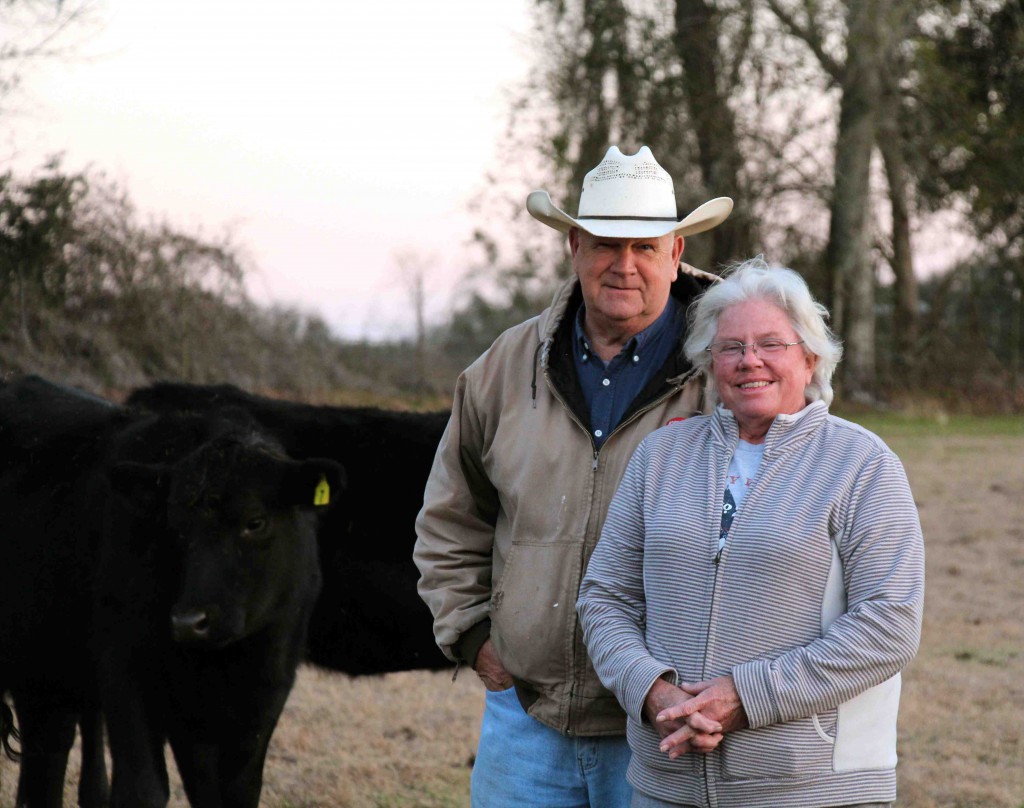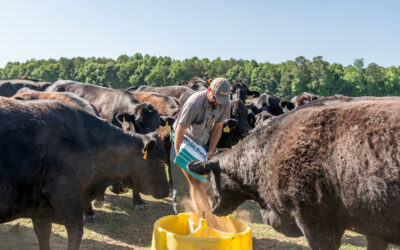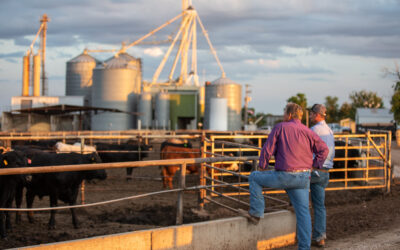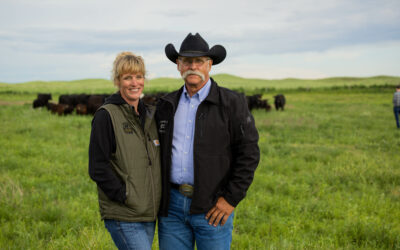‘Just call Terry Harris’
I recently wrote a pretty detailed feature on Harris Livestock and thought about making that the title. As a girl who’s called Mr. Terry plenty of times and told others to do the same, I figured it was only fitting.
Then I sat down with the Georgia cattleman and his wife, Betty, in their Boston, Ga., home and listened to stories from 46 years of marriage and life, taking note of cattle woven into every seam.
Two sons and eight moves later, followed by Terry’s retirement and open-heart surgery (his first words waking up were “Will I still be allowed to AI my cows, Doc?”), Angus cattle now take up one of the largest chapters of their lives – that is until the grandkids pull down the dirt road.
“That’ll shut the whole operation down quicker than anything,” Terry says through a smile.
As I climbed out of my spot in the middle seat of their farm pickup, “thoughtful” was the word that came to mind – rather it’s the characteristic that just may define them the most.
Thoughtful. In terms of folks dedicated to the rough and tough nature that is this industry, it may seem a bit ill-fitting. But hear a neighbor’s remark about them showing up in a desperate time of need, watch Terry take calls, share successes and failures with a young person just trying to get their foot in the door, listen to them talk about their cows and the consumer and you’ll be convinced.
“What kind of emotion is going to be released when you put my beef on your dinner plate?” Terry asks.
The question isn’t rhetorical, rather a genuine concern for the influence his 100 Angus cows will have on the beef eater – the beef industry, for that matter.
It’s one that led them to start collecting data through retained ownership of commercial steers and to develop a set of criteria for building balanced-trait bulls to offer as “purebred quality at a commercial price.”
An early pen averaged 88% low Choice when the national average was 52%. Today that number is 94%, with 66% achieving Certified Angus Beef ® (CAB®) brand acceptance and rising.
“Retaining ownership hasn’t led me to greater profits,” Terry says. Instead it’s led to better decisions. “The value is in the information. Somebody’s got to do it and somebody’s got to share it.”
“I was raising cattle for my personal preference and was losing money,” he says. “I had to start building cattle that the industry wanted and that’s not based on Terry Harris, that’s based on the consumer.”
Thoughtful.
Thanks for allowing me to tell your story,
Laura
PS – Be on the lookout for the Harrises full story in an upcoming issue of the Angus Journal. It focuses on building cattle for the consumer and how one small business can leave a lasting impact on the industry.
You may also like
You, Your Cows and Their Feed
Expert guidance from Dusty Abney at Cargill Animal Nutrition shares essential strategies for optimizing cattle nutrition during droughts, leading to healthier herds and increased profitability in challenging conditions.
Marketing Feeder Cattle: Begin with the End in Mind
Understanding what constitutes value takes an understanding of beef quality and yield thresholds that result in premiums and/or discounts. Generally, packers look for cattle that will garner a high quality grade and have excellent red meat yield, but realistically very few do both exceptionally well.
Kansas Ranchers Recognized for Sustainability Efforts
Kansas’ Wharton 3C Ranch thrives despite droughts, winning the CAB 2023 Sustainability award. The data-driven, quality-focused approach of first-generation ranchers, Shannon and Rusty Wharton, yields 100% CAB cattle. Their commitment to sustainability and industry collaboration sets a bright future for the cattle business.

